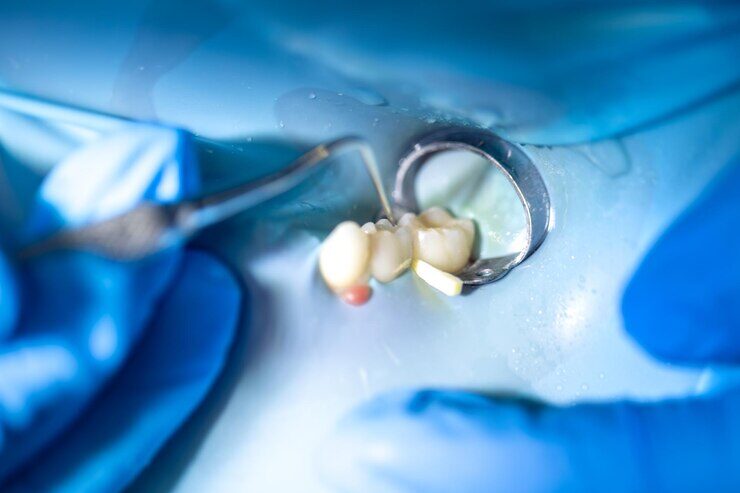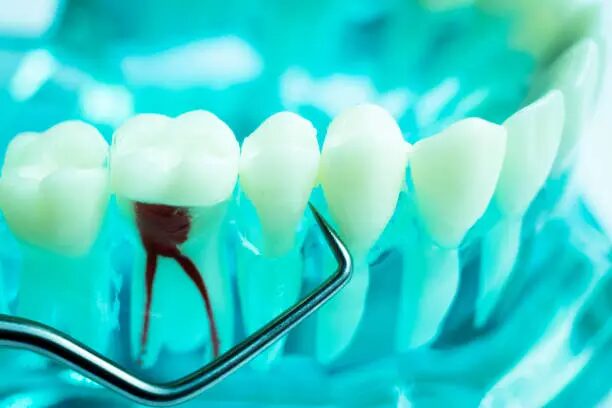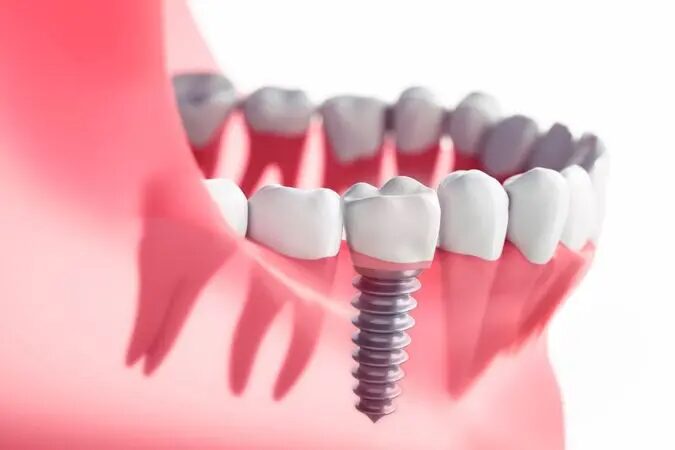Wisdom tooth extraction is a common dental procedure that most people undergo at some point in their lives. These teeth, also known as third molars, typically emerge between the ages of 17 and 25. While some individuals may not experience issues with their wisdom teeth, others may face complications such as impaction, crowding, or infections that necessitate removal. Understanding the process of wisdom tooth extractions and why it may be necessary can help ease concerns and ensure a smoother experience.
What Are Wisdom Teeth?
The final set of molars to erupt at the back of your mouth are called wisdom teeth. In total, most people have four wisdom teeth—two on the top and two on the bottom. However, some individuals may have fewer, and in rare cases, none at all. These teeth were useful to our ancestors who needed large, strong molars to chew tough foods like nuts, raw meat, and plants. Over time, as human diets and jaws evolved, the need for wisdom teeth diminished, but the teeth themselves still formed in the jaw.
Why Do Wisdom Teeth Need to Be Extracted?
For many people, wisdom tooth extractions are recommended due to the following reasons:
1. Impaction
Wisdom teeth can become impacted when they don’t have enough room to emerge or develop properly. Impacted teeth can grow at odd angles, pressing against neighboring teeth or remaining trapped below the gumline. This can cause pain, swelling, and infection.
2. Overcrowding
In some cases, wisdom teeth can cause overcrowding in the mouth. This is especially problematic for individuals who have undergone orthodontic treatments like braces, as the emergence of wisdom teeth can shift teeth out of alignment.
3. Infection and Decay
Wisdom teeth can be challenging to properly clean because they are situated toward the back of the mouth. Gum disease and tooth decay are now more likely as a result. When infection sets in, it can spread to other areas of the mouth and jaw, leading to more serious complications.
4. Cysts or Tumors
Occasionally, wisdom teeth that remain impacted can develop cysts or tumors. If left untreated, these can damage the jawbone and nearby teeth, requiring more extensive surgical intervention.
The Wisdom Tooth Extraction Procedure
Wisdom tooth extractions are typically performed by a dentist or oral surgeon and can range from simple extractions to more complex surgical procedures, depending on the tooth’s position and condition. Here’s what you can expect from the process:
1. Consultation and Examination
Before extraction, your dentist will take X-rays to assess the position of your wisdom teeth and the surrounding bone structure. This helps them determine the best course of action and whether a simple or surgical extraction is needed.
2. Anesthesia
On the day of the procedure, the dentist will administer anesthesia to ensure you’re comfortable throughout. This can range from local anesthesia, which numbs the immediate area, to sedation or general anesthesia, depending on the complexity of the extraction and your comfort level.
3. Extraction
If the tooth has fully erupted, the dentist will perform a simple extraction using forceps to remove the tooth. For impacted teeth, the dentist may need to make an incision in the gum and possibly divide the tooth into smaller sections for easier removal.
4. Post-Procedure Care
To encourage healing and reduce discomfort, the dentist will give thorough aftercare recommendations following the extraction. This includes tips on managing swelling, controlling bleeding, and avoiding certain foods and activities for a few days.
Recovery After Wisdom Tooth Extractions
Most people recover from wisdom tooth extractions within a few days. However, the recovery period can vary depending on the complexity of the extraction. The following general advice will help you recover quickly:
1. Manage Pain and Swelling
Your dentist may prescribe pain medication or recommend over-the-counter pain relievers to manage discomfort. Applying an ice pack to the outside of your jaw can also help reduce swelling.
2. Follow Dietary Guidelines
Stick to soft foods like yogurt, soup, and smoothies for the first few days after your extraction. Avoid hard, chewy, or spicy foods that could irritate the extraction site or cause complications.
3. Avoid Strenuous Activity
It’s essential to avoid vigorous physical activity for the first few days after the extraction to prevent dislodging the blood clot that forms in the socket. Dislodging this clot can lead to a painful condition called dry socket, which requires further treatment.
4. Keep the Area Clean
Gently rinse your mouth with a saltwater solution after 24 hours to keep the extraction site clean. Avoid vigorous rinsing, spitting, or using a straw, as these actions can disturb the healing process.
Conclusion
Wisdom tooth extraction is a common procedure that can help prevent a range of dental issues. If you’re experiencing discomfort or other problems related to your wisdom teeth, it’s essential to consult with a dental professional. At DS Dental Care, we offer expert wisdom tooth extractions, ensuring a safe and comfortable experience for all our patients. Reach out to our team today to schedule a consultation and keep your oral health in top condition.









